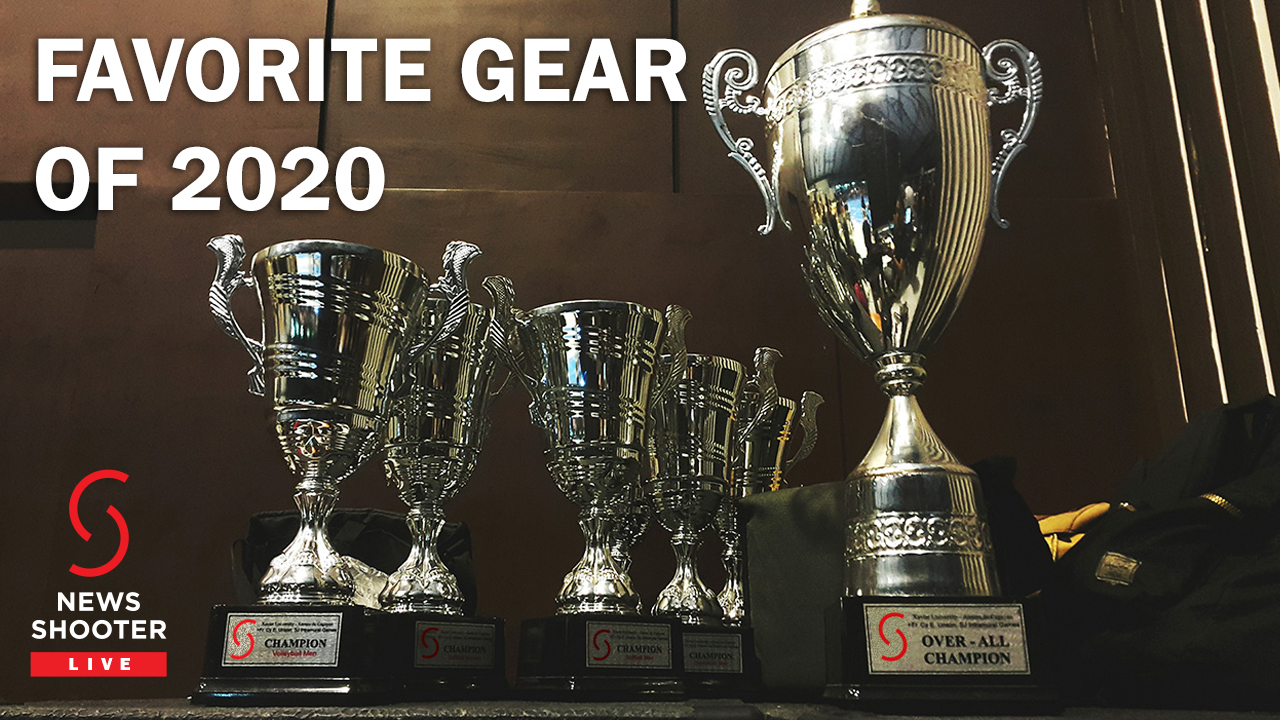A Taiwanese IT hardware manufacturer has deployed a virtualized private 5G network using its own servers along with core network software from Affirmed, which was recently acquired by Microsoft. The RAN software comes from ASOCS, an Israeli provider of on-premise cloud solutions. The network was deployed on government-allocated spectrum.
Inventec is a $16 billion Taiwanese manufacturer of servers, laptops and wireless devices. The company says it ships 25% of the world’s servers, and manufactures 100 million devices each year. It wanted to connect its factories using 5G in order to improve automatic optical inspection and to connect automated guided vehicles and robots in the future.
“After evaluating some of the more traditional approaches, we realized that the implementation of our own private 5G network was the best way to ensure we had ‘always on’ coverage,” said Inventec SVP Albert Chen, in a statement. “As the most critical component of IoT and smart manufacturing, connectivity must be ubiquitous, reliable and secure. Affirmed Networks was the obvious partner for us, as their innovative, cloud-native 5G standalone core delivers unrivaled performance that matches our Industry 4.0 needs.”
Affirmed’s cloud-based 5G standalone solution supplies most of the core network functions for the network. Exceptions are the subscriber data management, which is supplied by HPE Communication and Media, as well as the authentication server function and unified data management, which are supplied by other unnamed vendors.
Affirmed said its 5G core network functions can be deployed in a public or private cloud, at the network edge or even on-premise at the customer’s location, adding that the control plane could be in the cloud while the user plane remains on-premise.
RELATED: Affirmed predicts Microsoft will offer mobile core as a service
The deployment marks a departure for Affirmed, which worked primarily with service providers in the past. This network does not involve a service provider. However, one of Inventec’s requirements was connection to carrier networks so that users can move back and forth between private and public networks.
Inventec uses its network to connect sensors, machines and people. Previously the company used local computers for AI, but now it uses 5G to send image data to a more powerful server. These images are used to identify component misplacement and defects. The AI servers send inferences back to edge-based servers, which initiate the appropriate actions on the factory floor. Inventec says it has reduced its re-inspection labor force by 50% thanks to the private 5G network and can now deploy and adjust production lines faster. In addition, its production line straight-through rate rose from 70% to over 85%.
As a sophisticated manufacturer of IT hardware, Inventec was uniquely positioned to launch what it calls the world’s first fully virtual open RAN-based standalone 5G enterprise private network. The company’s E850G4 servers are configured with fronthaul FPGA and SmartNIC cards to run on open RAN networks, and with acceleration cards and deep learning frameworks that can be integrated with AI in the cloud.
ASOCS provided the virtualized RAN (centralized units, distributed units and radio units), and integrator Wave-In Communications oversaw the coordinated deployment of the multi-vendor network.
“Deploying and tuning a 5G network under the challenges of COVID-19 forced us to work remotely, a constraint which demonstrated both the critical importance of a system integrator such as Wave-In, and the operational advantages of a cloud-based solution,” said ASOCS CEO Gilad Garon, in a statement.
Garon said the project was an ambitious undertaking, and that its success should pave the way for more. “The questions we and the industry had about use cases, value, and feasibility of multi-vendor, software-based networks have been answered,” Garon said. “There were numerous world-firsts in this project and we had to overcome significant obstacles, however together with a great team from Affirmed Networks, Wave-In and Inventec, we were able to address them and prove the value of 5G and its critical role in the factory of the future.”













